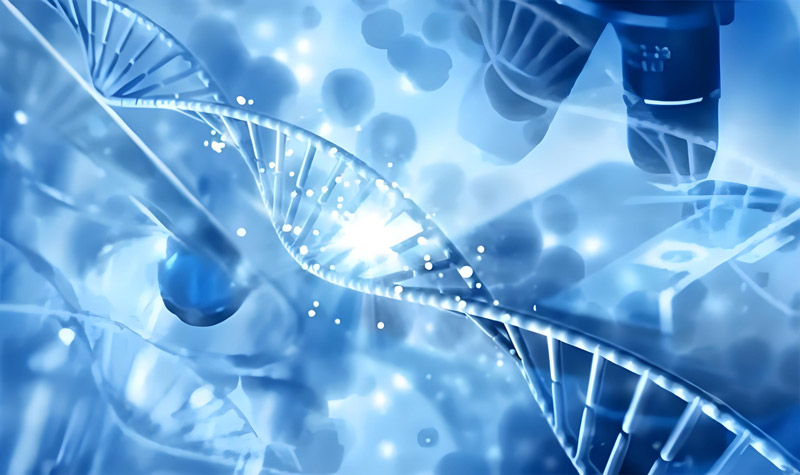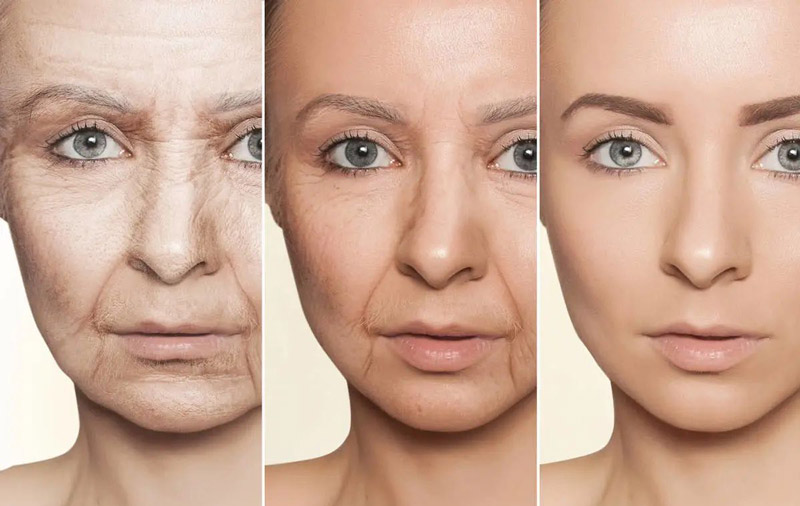Alzheimer's disease is a neurological disorder that affects cognitive ability and neurological function. There is no cure, only drugs to slow the course of the disease. Studies have found that NMN can reduce the production of beta-amyloid protein, improve cognitive ability and alleviate symptoms of Alzheimer's disease mice. This provides important preclinical data for NMN to help treat Alzheimer's disease in humans.
Alzheimer's disease (AD) is a neurological disease that is more common in the elderly population, with more than 13 million patients nationwide as of 2019, and the incidence of women is much higher than that of men.
Alzheimer's disease is usually characterized by an irreversible decline in cognitive ability and neurological function.
In advanced stages, patients completely lose the ability to live daily lives and eventually become comatose or die from complications such as infections.
According to the "China Alzheimer's Disease Report 2021", Alzheimer's disease has become the fifth cause of death in China's urban and rural residents, and the deepening aging process has increased the impact of the disease on society.
Alzheimer's disease is often difficult to detect in the early stages of the disease and does not receive attention until the patient shows significant cognitive decline.
At present, there is no cure for Alzheimer's disease, and only drugs can delay the development of the disease.

In 2017, scientists from Tongji University School of Medicine found that NMN can reduce the production of amyloid β-protein (Aβ) in the brain of mice, thereby improving the cognitive ability and reducing related symptoms of Alzheimer's disease mice.
The study was published in the journal Neuroscience Letters in March of the same year.
In the experiment, the researchers injected 100mg/kg/ day (equivalent to about 450mg/ day in humans) of NMN subcutaneously into genetically modified Alzheimer's disease mice (AD-Tg) for 28 days.
The researchers then performed a series of behavioral and physiological tests on the mice.
The results showed that NMN significantly restored cognitive ability in Alzheimer's mice.
In a test called the Morris water maze, mice had to use spatial cognition and memory to find and stay on a hidden underwater landing platform as quickly as possible.
Mice with Alzheimer's disease had significantly reduced residence time on the platform due to cognitive decline, while NMN significantly increased residence time.

In addition, NMN effectively reduced the accumulation of beta-amyloid plaques in the brains of mice.
According to the mainstream theory, the excessive deposition of beta-amyloid protein in the brain is the main cause of Alzheimer's disease, which not only blocks the transmission of nerve signals, but also activates the inflammatory response and induces premature aging of nerve cells.
Previous studies have also shown that the more amyloid plaques in a patient's brain formed by beta-amyloid, the more severe the symptoms of Alzheimer's disease.
Using microscopic observations of the mouse brains, the researchers found that Alzheimer's mice in the NMN group had significantly fewer amyloid plaques in their brains compared to controls injected with saline.

In summary, this study found that NMN significantly improved major symptoms of Alzheimer's disease in mice, including cognitive impairment, neuroinflammation, and beta-amyloid deposition.
This provides important preclinical data for NMN to help treat Alzheimer's disease in humans.
References:
1. Yao, Z., Yang, W., Gao, Z., & Jia, P. (2017). Nicotinamide mononucleotide inhibits JNK activation to reverse Alzheimer disease. Neuroscience letters, 647, 133–140. https://doi.org/10.1016/j.neulet.2017.03.027
2. Ren Rujing, Yin Peng, Wang Zhihui et al. Chinese Alzheimer's Disease Report 2021[J]. Diagnostics Theory and Practice,2021,20(04):317-337. (in Chinese) DOI:10.16150/ J.1671-2870.2021.04.001.






